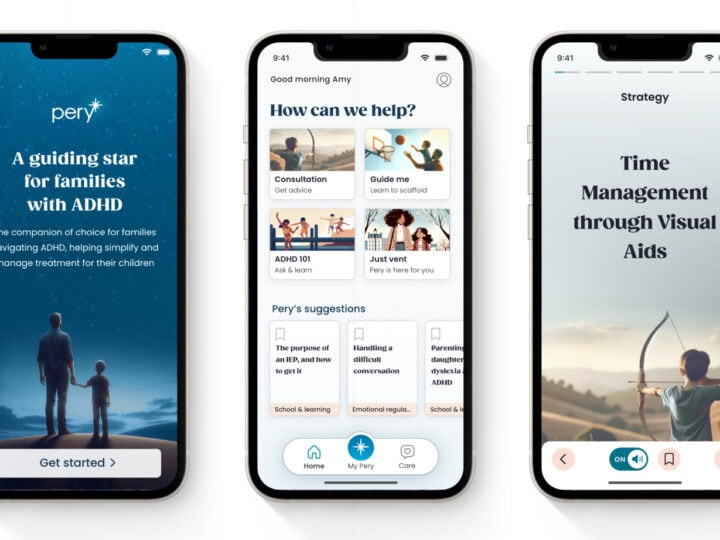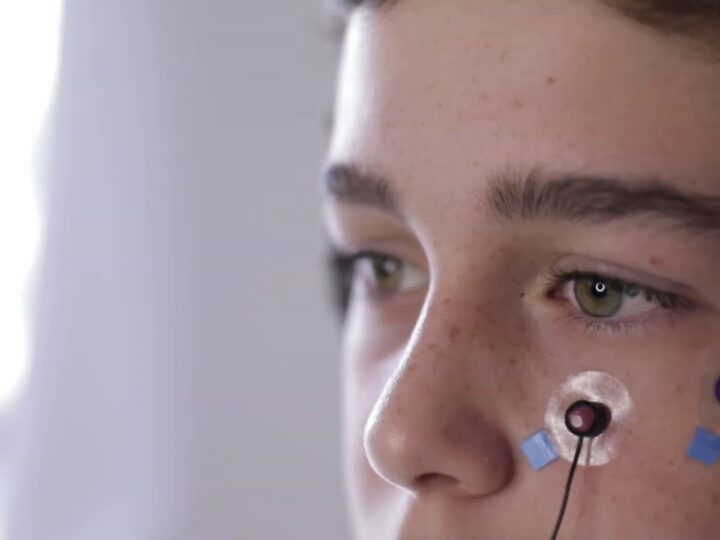Computerized Progressive Attention Training (CPAT), a new treatment developed at Tel Aviv University, significantly improved the attention deficit hyperactivity disorder (ADHD) symptoms of 33 percent of the 54 participating students.
In comparison, only 11 percent of the students in a control group receiving mindfulness training saw improvement of their symptoms.
And unlike drug treatment (such as Ritalin), the CPAT improvements were maintained even four months after the end of the treatment protocol.

The study was the doctoral dissertation of Pnina Stern, under the guidance of Prof. Lilach Shalev-Mevorach of Tel Aviv University’s Constantiner School of Education. The results were recently accepted for publication in the Journal of Attention Disorders.
Shalev-Mevorach explains: “We developed the CPAT system years ago, and it did produce good results in previous studies that we conducted, mainly in children. Furthermore, in the only study that we conducted in adults with ADHD, positive findings were obtained, but without indications of ‘far transfer,’ meaning an improvement in functions for which participants were not directly trained in the treatment.”
She explained that it is difficult to separate the content of the intervention from environmental factors such as the attention the participants receive during the training sessions or the effort they invest in participating in the research.
Stern’s study tried to resolve this by including two control groups: a passive one that performed the assessment tasks without any intervention; and a group that performed the assessment tasks before and after mindfulness training. The CPAT group did better than either of those two.
“The results were very positive,” said Shalev-Mevorach. “We saw improvements in the attention functions themselves, … for example in sustained attention, the ability to remain attentive for a long period of time, and in attention control, the ability to delay a routine response.
“But the main thing is that we saw significant improvements in the participants’ daily and academic functioning, such as reduced repeated reading while reading a scientific article. The improvements in these attention functions were connected to the reduction in behavioral symptoms of ADHD and in repetitive reading.”
Shalev-Mevorach said that whereas the effects of stimulant drugs (psychostimulants) such as Ritalin and Concerta wears off when treatment is stopped, CPAT could “bring about a profound change in basic attention functions” as an adjunct or alternative to medication.

















